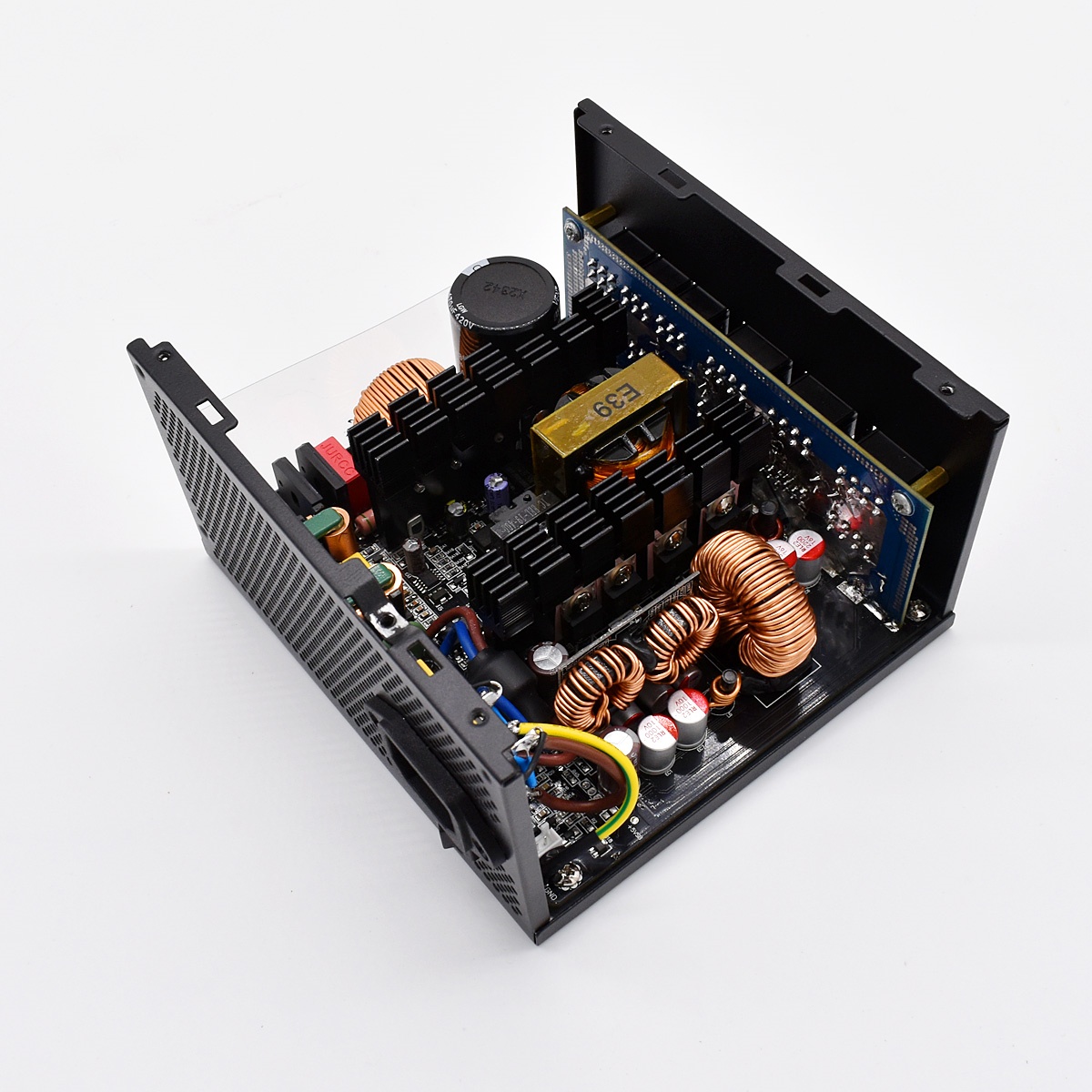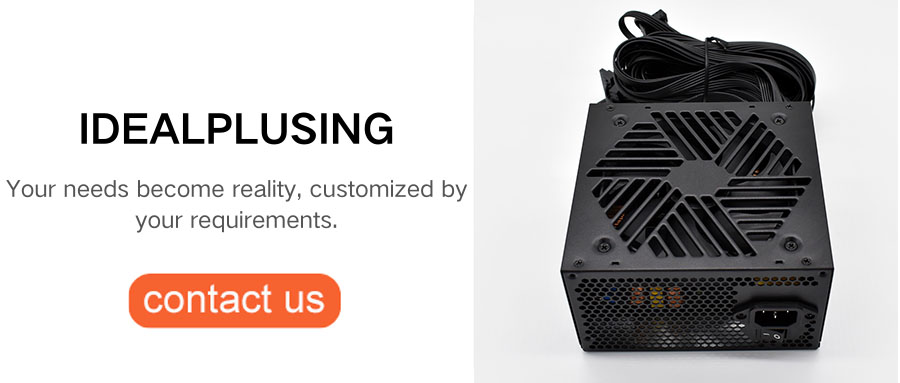A power supply is an indispensable component of a computer system. Its function is to convert AC to DC power to supply power to other computer components, thus having a significant impact on the stability and reliability of the computer system. However, there are many types of power supplies, one basic classification being fully modular and non-modular power supplies. The difference between fully modular and non-modular power supplies lies in their form, specifically whether they have a modular design, which also affects the arrangement of their internal components.
Differences between Fully Modular and Non-Modular PC Power Supplies
Fully Modular Power Supplies Save Time and Effort
From a repair perspective, fully modular power supplies have certain advantages. Fully modular power supplies are easier to maintain. Different components such as the motherboard, CPU, dedicated graphics card, and hard drive each have their own power cables. This separate design allows for direct replacement of power cable connections during maintenance without disassembling the entire power supply. In addition, fully modular power supplies offer a cleaner and tidier cabling arrangement, preventing power cables from becoming tangled and making repair and adjustment much easier.
Non-modular power supplies require complete disassembly for replacement
Because non-modular power supplies lack a modular design, each power cable is bundled together, making maintenance and troubleshooting extremely difficult. If problems arise such as the power supply failing to power on or insufficient power, the entire power supply must be disassembled for replacement. In such cases, repairing and replacing the power connectors consumes significant time and effort. Furthermore, the wiring of non-modular power supplies is inherently messy and difficult to adjust; when power cables are tangled together, troubleshooting is challenging.
Fully modular power supplies are slightly more expensive
In terms of price, fully modular power supplies are slightly more expensive than non-modular power supplies. This is because fully modular power supplies have a more complex design and require more machine tool design and detailed work, all of which increase manufacturing costs. However, market trends indicate that more consumers are willing to spend more money on fully modular power supplies because laboratory tests show that they offer better stability, higher conversion efficiency, and better meet the needs of high-end users.
Fully modular power supplies offer greater expandability
During installation, if you're disassembling a fully modular power supply, you'll find its wiring harness is more complex, running through the entire internal core. However, with clear and correct wiring, replacement and expansion are much easier. Because the modular cabling design allows for the use of pull-out power cord connectors, we can easily add, remove, or replace wiring harnesses, achieving a more perfect installation.

In summary, both fully modular and non-modular power supplies have their advantages. While fully modular power supplies have some considerations, from a maintenance and troubleshooting perspective, their design is more advanced, expandable, and cleaner; while non-modular power supplies suffer from messy wiring and are difficult to maintain and troubleshoot. Therefore, when purchasing a power supply, you should choose a specific model based on your actual needs.
IDEALPLUISNG Power Expert:
We focus on the research and development, sales and services in the fields of DC-DC power modules, AC-DC rectifier modules, DC-AC inverters, AC power supplies, DC power supplies, LED power supplies, chargers, rectifier systems, etc., providing personalized, efficient, reliable and cost-effective power solutions for all walks of life.
Thank you for considering our services.







